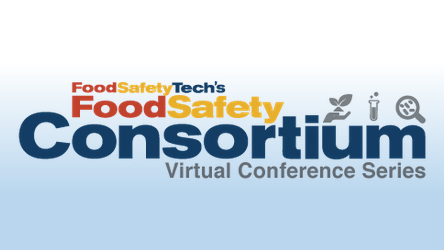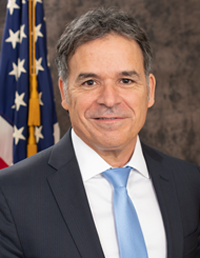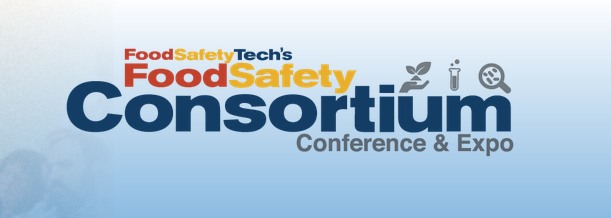
The Spring program of the Food Safety Consortium Virtual Conference Series kicks off with a keynote address from FDA’s Deputy Commissioner for Food Policy and Response, Frank Yiannas, and stakeholder discussions about industry transformation.

The Spring program of the Food Safety Consortium Virtual Conference Series kicks off with a keynote address from FDA’s Deputy Commissioner for Food Policy and Response, Frank Yiannas, and stakeholder discussions about industry transformation.

The agency identified three trends that played a role in the contamination and is asking for more collaboration between stakeholders in the agricultural community, the government and academia to help prevent and mitigate the issue.

The agency is taking new actions to prevent or reduce chemical hazards and toxic elements in baby food, and has issued a letter to manufacturers of such products.

There are many questions from the industry that I am routinely asked regarding the new FDA FSMA Proposed Rule for Food Traceability. The following are a couple of the questions and answers.

The pilot is intended to help improve the agency’s speed and efficiency in identifying seafood imports that could threaten public health.
The 9th annual Food Safety Consortium will bring together perspectives from different angles in food safety to discuss topics that include FDA and FSMA, supply chain challenges, and the lasting impact of COVID-19 and strategies for the industry to move forward. Registration is open now.

One of the first true approaches to a preventive food safety strategy, HACCP remains the most utilized form worldwide.

FDA Deputy Commissioner for Food Policy and Response Frank Yiannas points to the unrelenting commitment of the agency to ensure supply chain stability.

One decade ago the Food Safety Modernization Act was signed into law. FDA Deputy Commissioner for Food Policy and Response Frank Yiannas reflects on the past, present and future of the legislation.

This week’s discussion features an examination of GFSI and its fitness for the next 20 years, along with the critical issues that face the future of food safety technology.